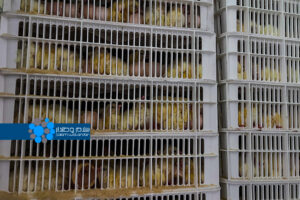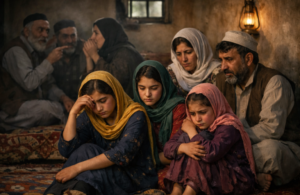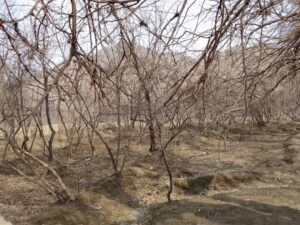KABUL (SW) – The United Nations Assistance Mission in Afghanistan (UNAMA) is set to host a meeting aimed at securing support for providing alternative crops to Afghan farmers. The timing remains uncertain.
This follows concerns from farmers in Nangarhar, Laghman, and Kunduz who previously grew poppy but have yet to receive viable alternatives.
Farmers like Qodratullah from Nangarhar, who switched to growing traditional crops after the poppy cultivation ban, report that their new crops are insufficient for a satisfactory income.
He said: “Last year, I grew poppy, but it was destroyed. We grew poppy to improve our economic situation because it had low consumption and high revenue. Since the ban, no alternatives have been provided to us.”
Bismillah, a farmer from Laghman, highlights that agriculture is his only source of income and the lack of alternative crops has exacerbated his financial problems. “This year, my crops were also destroyed by the Islamic Emirate forces during harvest. They promised to provide alternatives to improve our yields and economic conditions, but we have yet to receive any. Our situation is dire.”
Sohail, a farmer in Kunduz, similarly complains about the absence of alternative crop seeds. “Our lands were inspected, but we haven’t received any alternative seeds yet. We hope they arrive soon so we can have good yields,” he said.
These farmers are urging the de-facto government to provide alternative crops to improve their economic conditions.
On the other hand, Roza Otunbayeva, the head of UNAMA, has announced that she will meet with Mohammad Abdul Kabir, the political deputy of the Islamic Emirate, to discuss organizing a meeting to attract aid for providing alternative crops to Afghan farmers.
In response, Misbahuddin Mastaeen, spokesperson for the Ministry of Agriculture, Irrigation, and Livestock, stated that since the poppy cultivation ban, the ministry has distributed 25 million seedlings of alternative crops, including saffron and asafoetida, to farmers across 18 provinces. He added, “Promoting alternative crops takes three to six years. Currently, we have provided demonstration plants like saffron and asafoetida, which have been cultivated in various provinces.”
Two years ago, the leader of the Islamic Emirate, declared a nationwide ban on poppy cultivation. According to a report by the United Nations Office on Drugs and Crime (UNODC) last solar year, the ban has inflicted over one billion dollars in losses on farmers.






